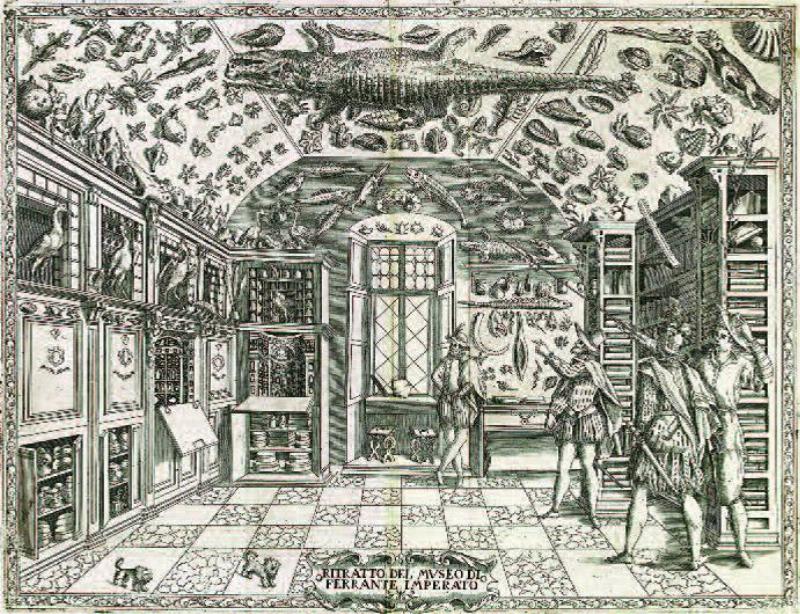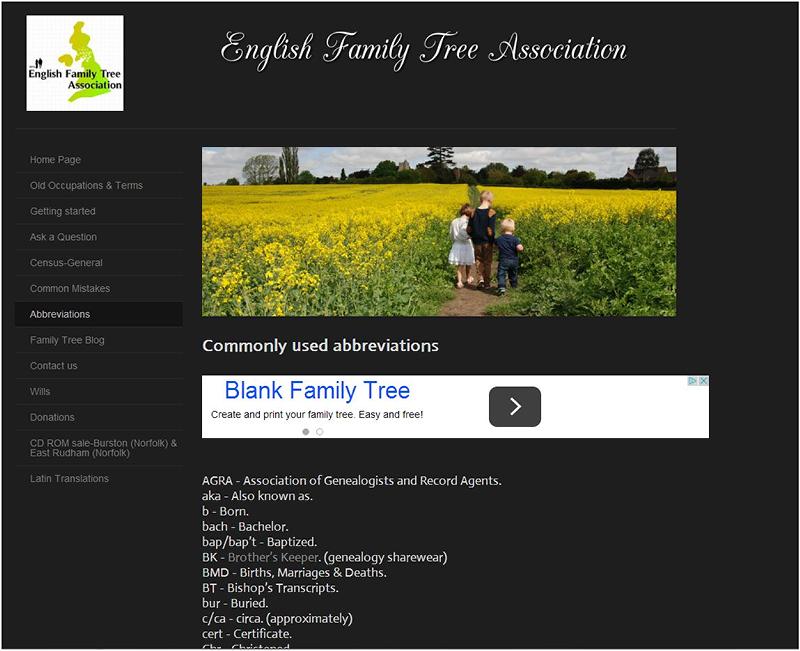Discover Your Ancestors Bookazine on Special Offer
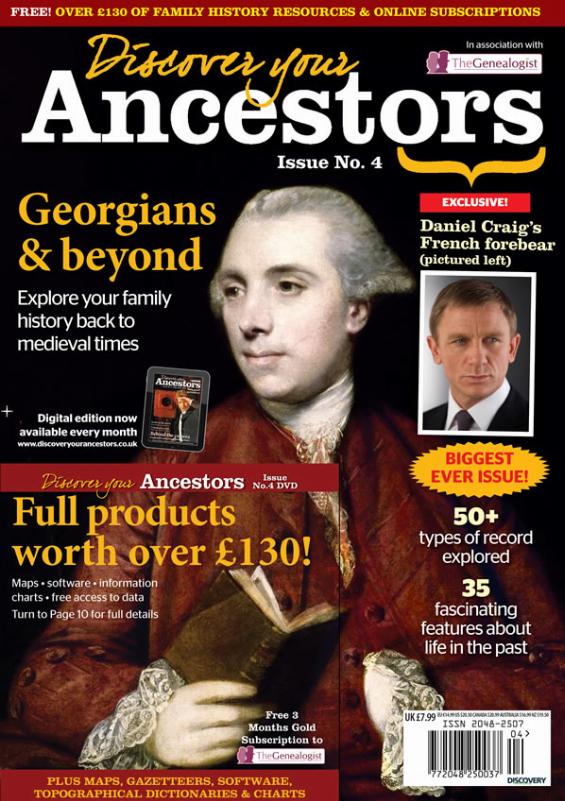


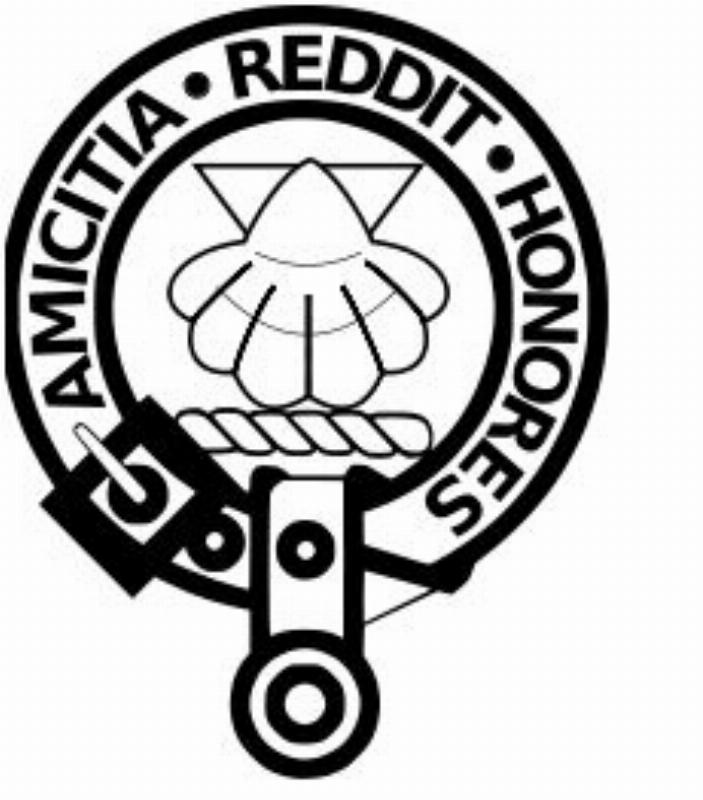
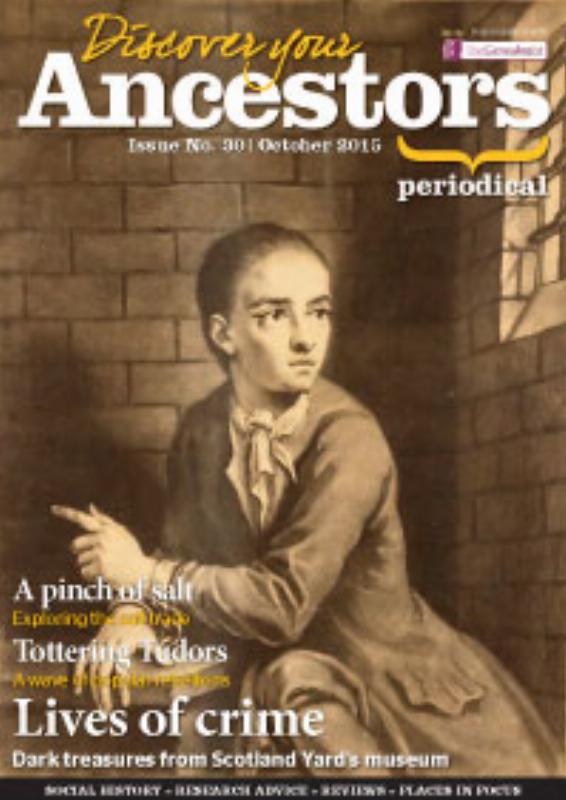

New Passenger lists go online with unique search facilities
RMS Campania, one of the ships included in the passenger lists.
TheGenealogist has just released five million Emigration BT27 records as part of their growing immigration and emigration record set. Uniquely TheGenealogist allows you to track transmigration of people across countries routing through British ports on their way to America. TheGenealogist is the only website with the facility to discover families travelling together on the same voyage using our SmartSearch technology.
The new records, with original images, contain the historical records of passengers who departed by sea from Britain in the years between 1896 and 1909. These new records significantly boosts the already strong Immigration, Emigration, Naturalisation and passenger list resources on TheGenealogist.
TheGenealogist has further revealed that these records will be shortly followed by the release of many more unique migration records.
The searchable records released today will allow researchers to
Find people using British shipping lines and travelling to places such as America, Canada, India, New Zealand and Australia in the Passenger lists of people leaving from, or passing through the United Kingdom, by sea which were kept by the Board of Trade's Commercial and Statistical Department and its successors.
The Homestead Act of 1862 in America gave free land to settlers who developed it for at least five years, and became a particular magnet for Norwegians, Danes, and Swedes, who arrived in their millions. To reach America, it was necessary to travel initially to England in order to then board one of the large transatlantic passenger ships and this preliminary journey has been recorded for many transmigrant passengers within the BT27 records. For the first time these can be easily found using the unique transmigration button.
SmartSearch identifies potential family members travelling together. When our system recognises groups of people on the same voyage as a potential family it displays a family icon. This then allows you to easily view the family.
These fully indexed records enable family historians to search by name, port of embarkation, port of destination, country of departure, country arrival and nationality.
This release adds to TheGenealogist’s Immigration and Emigration records that already include the useful Naturalisation and Denization records.
Those with ancestors who travelled out of Britain will welcome this fascinating new release from TheGenealogist that reveal the details of the coming and going of passengers and is a precursor of a set of unique records joining the collection shortly.
Nigel Bayley, MD of TheGenealogist said: “We intend to make researching migrating ancestors easier with our new smarter interfaces and adding more records covering a growing range of countries.”
An example from the passenger list records:
Within the passenger lists, on TheGenealogist, we can find the passage of the Dunottar Castle from Southampton to Cape Town in South Africa on the 14th October 1899. One of the passengers was the young Winston Churchill who, at that time, was a member of the Press and was going out to report on the start of the Second Boer War.
Two days before his ship’s departure the war had broken out between Britain and the Boer Republic. At the news of this conflict Mr Churchill had obtained a commission to act as a war correspondent for The Morning Post newspaper. In return he was to be paid £250 a month for his services.
After spending a number of weeks in the Colony he managed to get himself onto an armoured train, loaded with British soldiers, performing a reconnoitre between Frere and Chieveley in the British Natal Colony during November 1899. A Boer commando force, however, had placed a big boulder on the track and the train crashed into it. The Boers, having succeeded in stopping the train, then opened up with their field guns and rifle fire from a vantage position.
After a fight a number of the British were taken prisoner, but the locomotive, decoupled from the carriages and ladened with men, managed to escape. Churchill, unfortunately for him, was not one of those on-board the loco. Without his sidearm, which he had left on the train, he had no option but to surrender to the Boers. Churchill was then imprisoned in a POW camp in Pretoria. After being held captive for about four weeks Churchill escaped on the evening of 12th December 1899. He did this by vaulting over the wall to the neighbouring property and taking flight.
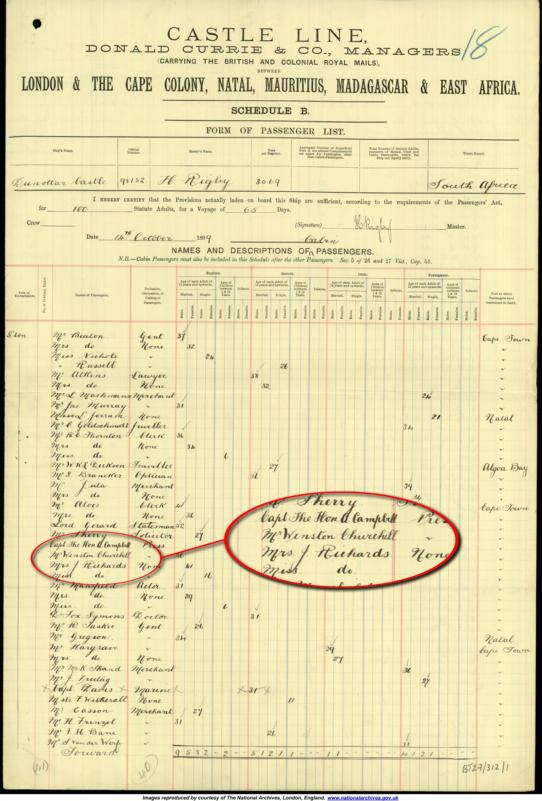
If we look at Churchill's travelling companions on the ship out to Cape Town, scheduled to take 65 days, we can see that he was sailing with a mixture of merchants, a jeweller, an actor, a Peer of the Realm (Lord Gerard), an optician and a couple of lawyers. The Hon A. Campbell was also listed, he was another member of the press corps who had made it on to that particular Castle Line sailing to the war zone with Churchill.
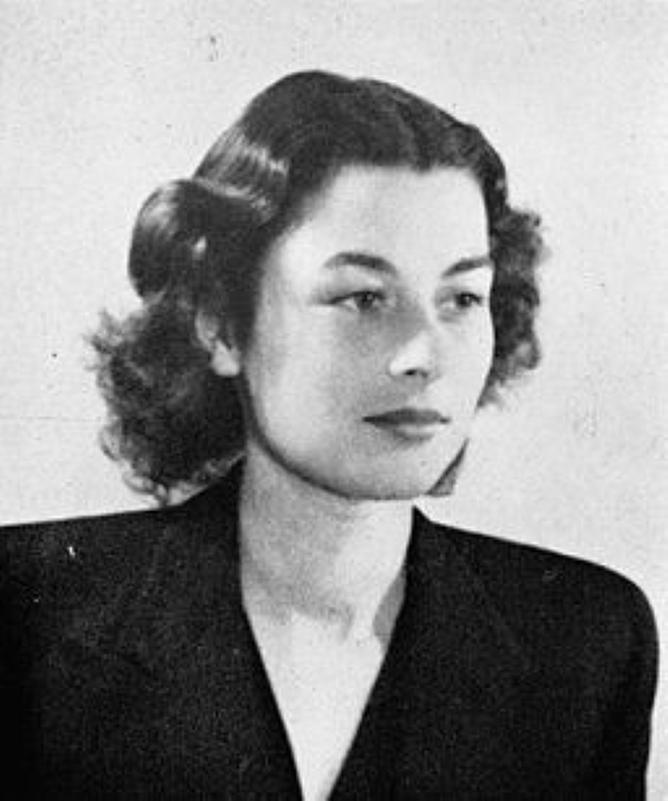 Violette Reine Szabo
Violette Reine Szabo
Violette was a truly remarkable woman and the story of her short and formidable life is one of love, courage and bravery, and ultimately tragedy.
Daughter of a British soldier who fought during the First World War and his French wife, Violette was 18 years old when the Second World War broke out, living locally to IWM in Stockwell with her parents and working as a shopkeeper. Whilst working in the Women’s Land Army Violette met Etienne Szabó, a Free French officer in the Foreign Legion and after a short whirlwind romance they were married in August 1940. However, just four months after the birth of their beloved daughter Tania in June 1942, Etienne was killed in action during the Battle of El Alamein. Shortly after Etienne’s death Violette was recruited to the Special Operations Executive joining the French ‘F’ section, whose agents were sent undercover to occupied France to work against German Forces. On the night of 7 June1944, the day after British troops landed in northern France on D-Day, Violette parachuted into France on her second mission to set up a network with local resistance groups. Three days later whilst on a courier trip with a resistance leader they encountered German troops. Their car was stopped at a road block. Violette and two French agents engaged the German soldiers in a lengthy fire-fight, until Violette was eventually captured. She was brutally interrogated in prison before being deported to Germany. Violette was later executed at Ravensbrück concentration camp in 1945. This year marks 75 years since the George Cross was established as Britain’s most prestigious decoration for bravery for civilians and service personnel not under direct fire. Only 4 George Crosses have been directly awarded to women, three of which were awarded to members of SOE. Violette’s medals will go on display next to those of Odette Samson, another ‘F’ Section agent who also endured torture and imprisonment but survived the war. Displayed alongside the George Cross will be Violette’s GQ Parachute Company badge and her wartime pistol. Tania Szabó, Violette’s daughter who was just two years old at the time of her death says; “Violette, my mother, would be chuffed and deeply honoured, as am I, that through the generosity of Lord Ashcroft the medals awarded to her are going on display at the Imperial War Museum in London. Her life, although tragically but heroically cut short was lived with great bravery and courage, and intense joie de vivre. Her legacy will live on and it is my hope that anyone who visits the Imperial War Museum may be inspired by her story.” Lord Ashcroft KCMG PC said: "I feel privileged and humbled to be the custodian of this iconic medal group. More than 70 years after her tragic death Violette Szabó GC remains a hugely inspirational figure and quite rightly so because of her relentless bravery both before and after her capture. I am delighted to have enabled her medal group to remain in Britain and I am thrilled that it will now go on public display at Imperial War Museum London." Diane Lees, Director−General of IWM says “The story of Violette Szabó GC is one of the most remarkable to emerge from the Second World War. As a strong, determined woman who fought the enemy face to face, resisted torture and brutality, and maintained a determined defiance throughout her capture, her character and experiences resonate strongly with the modern generation of women who live in Britain today. We are delighted that the George Cross which was awarded to her in recognition of her extraordinary courage is now going to be placed at the heart of IWM’s displays in the Lord Ashcroft Gallery: Extraordinary Heroes.” For more information about Violette Szabo see the Imperial War Museum's web article http://www.iwm.org.uk/history/who-was-violette-szabo
